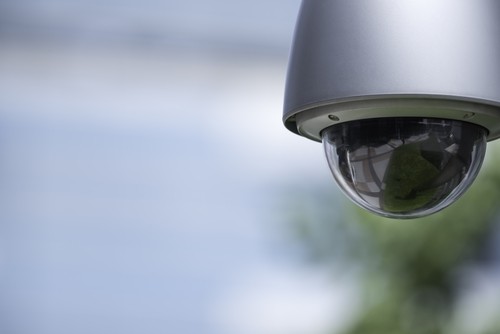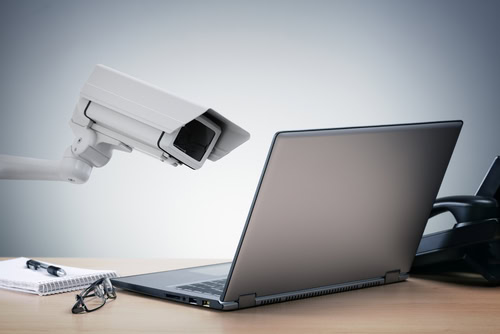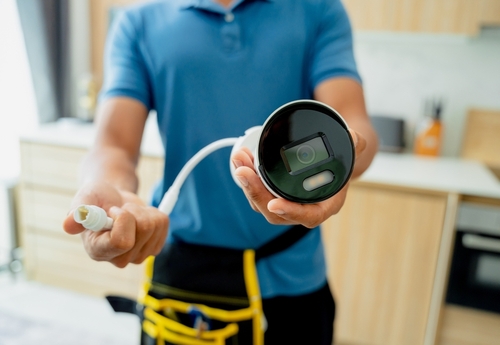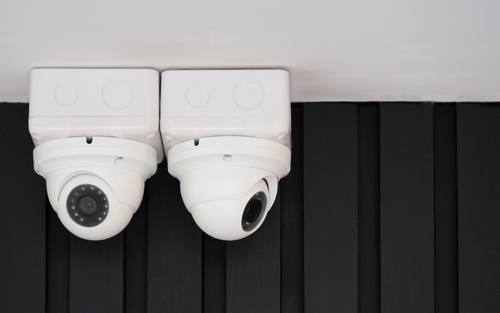
6 Most Common CCTV Installation Mistakes To Avoid
September 9, 2019
Benefits Of CCTV Surveillance Systems
September 9, 2019Factors To Consider When Choosing CCTV And Surveillance Systems

CCTV and surveillance installation is one of the most commonly sought services in Singapore. Businesses and homes face many security challenges that can be addressed by putting in place good security systems. CCTV surveillance is without a doubt among the best ways of monitoring property. Security is not the only reason why people invest in surveillance systems, however. Industries and companies often buy equipment like cameras to track the movement of products and increase productivity. In addition, surveillance systems are also used to control traffic and even to cover sporting events. Many more sectors and fields use these systems for different purposes. When it comes to acquiring the right CCTV equipment, there are many factors that need to be analyzed.
Here are a number of factors to consider when choosing CCTV and surveillance systems.
1. Functional Requirements
There are many models of CCTV systems in the market that work in different situations. Depending on where they are used, these systems can be adjusted to act in different capacities. The size of property or premises is, for instance, very crucial in determining the type of CCTV needed. The surrounding facilities also help in determining the size and location of the control center. CCTV systems used for large scale monitoring services often need to be placed in strategic locations all around the property. Cameras used for monitoring objects also differ in terms of lens capability. The sensors suitable for distance are different from those used for short-range purposes. The control room size and equipment used inside also change a lot based on the specific function. In overall, the best way to know what systems fit you best is by putting down all the needs before settling on a specific CCTV system.
2. Location Factors
The environment is a key factor that determines what kind of CCTV cameras to use. Some cameras are made to work best in outdoor environments while other work best indoors. Location factors affect the durability and efficiency of CCTV systems. The workplace environment is also very dynamic and industries particularly needed special kinds of CCTV systems. Places like shopping centers, warehouses, offices and other locations also need CCTV systems that are suitable for both physical and technical needs. In some instances, facial recognition may be needed whereas in other instances it might not. All these factors differentiate the various location aspects of the CCTV.
3. Discreetness
There are generally two kinds of CCTV’s when it comes to visibility– the discreet models and the easily visible models. These two kinds are often used for different purposes. The discreet kinds are best for offering undetected security surveillance services. They are the best for guarding high-value property. These models are also often equipped with motion detection technology. The visible kinds, on the other hand, are also appropriate for use in areas where visibility is not an important factor. It is important to know which type of CCTV suits your needs between the two.
4. Power and Lighting Demands
Most CCTV systems are meant to work both during the day and night. Due to technical limitations, however, many models may not be suitable for certain light conditions. This is why it is essential to analyze the lighting requirements for your CCTV systems. Additionally, it is vital to analyze the different models to know power consumption. On average, CCTV’s do not consume significant amounts of power. Depending on the extent of coverage and equipment, however, it might be necessary to consider options that consumer less power.
5. Audio Capabilities
Audio is very crucial for certain situations. Home security is, for instance, one of the areas where audio is a crucial part of the CCTV. In most instances, having audio as part of the system is optional. Audio is not expensive to include as part of the system. It is thus sensible to establish if you want to attain full functionality for your CCTV system by including audio.
6. Technical Support
Just like other kinds of systems, surveillance systems need some level of expertise. The skills needed for CCTV usage might not be demanding in most instances. Some systems are, however, quite complex and might require constant technical support. Most CCTV companies have a technical department that gives services to their clients. You need to determine the complexity of system suitable for you in order to know the level of technical support needed.
7. Budget
There is a big market of CCTV’s and you can find systems that have many different specifications. This means that the price of the models also differs. In general, you can find new or used CCTV equipment in case you are considering the budget as the top priority. When it comes to the budget, you should always go for quality over the cost. Second-rate systems often tend to disappoint during operation. The right balance for low-budget options should prioritize essential features.
8. Operational Costs and Maintenance
CCTV systems are fairly easy to maintain once they are installed. It is, however, important to factor in maintenance issues because faults might hit the system and necessitate technical attention. Good CCTV systems should not be overly complicated such that the process of maintenance is too costly. You should make necessary inquiries around local experts to ensure that the system you settle on is widely used in the market. Doing this can help you avoid strenuous logistics in future.
9. Additional Features
CCTV systems have changed over the years as innovation changes. Today, you can find CCTV’s that have modern features like wireless technology. When shopping for CCTV systems, it is important to consider future advancements. Some of the CCTV models in the market today offer modern features that make them future-proof. Such features like wireless capability are vital to have as they increase the versatility of the system.
Conclusion
There are many other factors that can be looked at when choosing CCTV systems. Legal issues, for instance, provide a guideline on; what systems are legal, where the systems can be used and even how they can be used. In general, most of the factors that need to be considered are directly related to the expected usage of the systems. Such factors are the ones detailed in the above points.



